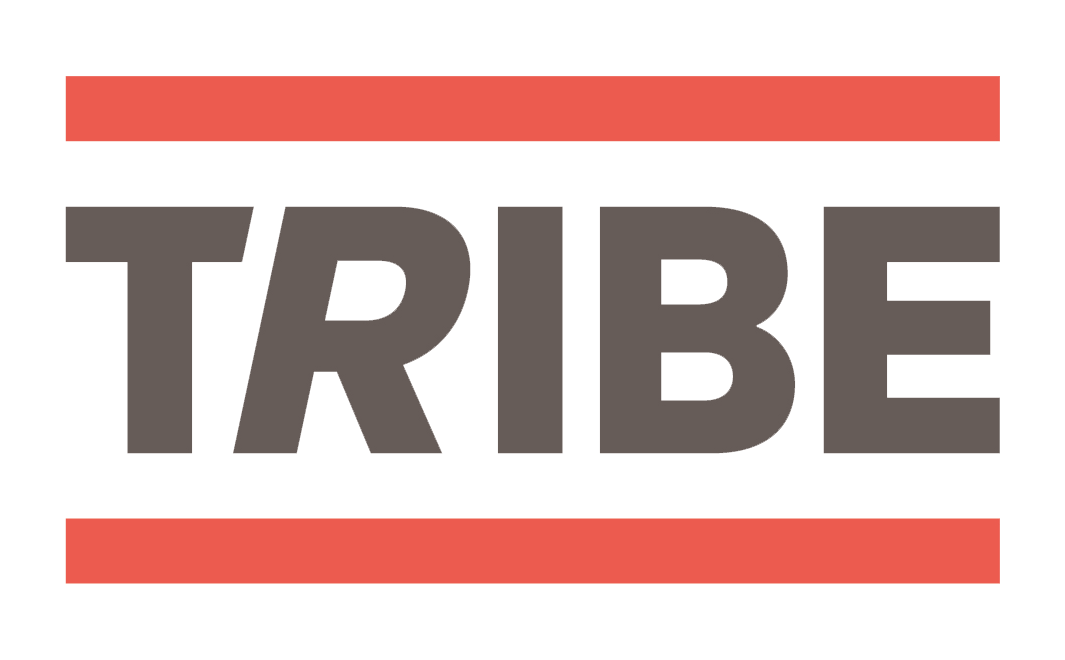Snowdon, Ben Nevis, Scafell. Whatever your climbing, here's the ultimate fuel plan for your hike.
Breakfast
Nutritionists say it's the most important meal of the day. Most of us skip it, or fill ourselves with sugary cereals. If you've got 8 hours ahead on your feet hiking, you need a good breakfast. These are my go-to options.
- Porridge.
A bowl of oats & milk will give you about 45g carbohydrate // 15g protein // 15g fats. It's a pretty complete meal in terms of macros, low in sugar, and a great source of slow-release carbs. These, along with good fats, are the best source of energy for a long distance endeavour.
If you want some additional calories, go for nut butter or fruit on top. I have this breakfast before every marathon.
- Kippers on Toast.
For a higher protein breakfast, this is a goodie. 2 kippers on 2x slices of brown bread will give you roughly 35g carbohydrate // 45g protein // 28g fat. Have a banana at the foot of the slope to give you an additional carb boost.
- TRIBE Infinity Bar
If you're camping and want an early start (ie don't want to cook), these are a great option. We built them for the toughest endurance challenges, and they give you a great complex of nutrients. They're built from five endurance grains (including teff, the Ethiopian supergrain), include natural ingredients only, and deliver 40g complex carbohydrate per bar. They're made for this type of adventure.
Climbing
For the walk, you need keep fuelled and hydrated to keep your energy levels up.
You'll be running off a mix of energy derived from fat reserves and carbohydrate (which you store as muscle glycogen). Top up these fuels as you go, and make sure you keep eating through the day.
I first started looking at nutrition preparing for a running event called Marathon des Sables - 6 marathons in 7 days across the Sahara. You have to carry all your food for the week in your pack for that race, so you have to pack only foods that deliver. I started looking at nutrient density of foods then: how much nutrition and energy each gram of food provides. I fuelled myself mostly off trail mix - as the combination of nuts and dried fruits are incredibly naturally high in nutrients.
Other than trail mix, great options are: natural energy bars, nut butter sachets, bananas. The most important thing is to keep topping up.
For hydration, drink little and often. If it's hot, make sure to add some electrolytes to your water bottle (sodium is the critical one here, so even just adding salt will help).
Recovering
You've been on your feet for 7,8,9 hours+. The first thing you need to do is eat, and replenish what you've spent.
The key nutrients here are protein and carbohydrate, and taking something in within an hour of finishing. As a a rule of thumb aim for a meal or post-hike snack / shake that gives you 20g protein, and at least a 2:1 Carb : Protein ratio (ie 40g carbohydrate). Always go natural ingredients (these are richer in micro-nutrients and easier for our bodies to absorb). Giving your body these nutrients will help you recover, so you can go again the next day.
Written by TRIBE co-founder Rob Martineau. Rob heads up product development. He is an experienced endurance athlete, having completed a 1000 mile run across Eastern Europe, a 10,000 mile cycle across Africa, numerous ultra-marathons, and some great hikes (including long distance walks across West Africa and America).
